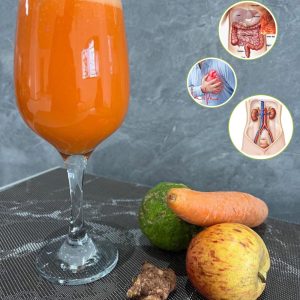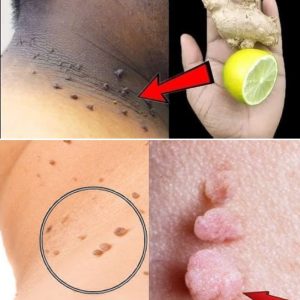Iron deficiency is a prevalent health issue affecting individuals of all ages, particularly women and children. This condition occurs when the body lacks sufficient iron to produce hemoglobin, the protein responsible for oxygen transport in the blood. Recognizing the symptoms of iron deficiency is crucial for prompt treatment and prevention of complications.
Common Symptoms of Iron Deficiency:
- Fatigue and weakness
- Shortness of breath
- Dizziness or lightheadedness
- Pale skin
- Chest pain
- Rapid heartbeat
- Cold hands and feet
- Brittle nails
- Headaches
- Hair loss
- Poor appetite
- Craving non-food items (pica)
- Mouth sores
- Restless leg syndrome
- Difficulty concentrating or brain fog
Understanding the Importance of Iron:
Iron plays a vital role in various bodily functions, including oxygen transport, energy production, muscle function, and cognitive development. Adequate iron levels are essential for maintaining overall health and well-being.
Natural Ways to Boost Iron Intake:
- Vegetarian Sources of Iron:
- Leafy greens (spinach, kale)
- Nuts and seeds (almonds, pumpkin seeds)
- Beans (lentils, chickpeas, black beans)
- Animal Sources of Iron:
- Red meat and organ meats (liver)
- Fish, shellfish, and poultry
Incorporating iron-rich foods into your diet can help increase iron levels naturally. However, for severe or chronic iron deficiency, additional treatment options may be necessary.
Consultation and Treatment:
If you suspect iron deficiency, it’s essential to consult with a healthcare professional for proper diagnosis and treatment. Treatment options may include dietary changes, iron supplements, or other medical interventions, depending on the severity of the deficiency.
Frequently Asked Questions (FAQs):
- Can iron deficiency be treated with diet alone? In mild cases, dietary modifications may be sufficient to improve iron levels. However, severe or chronic iron deficiency may require supplementation or medical treatment. Always consult with a healthcare provider for personalized recommendations.
- Can iron supplements cause side effects? Iron supplements may lead to side effects such as constipation, nausea, and stomach cramps. To minimize discomfort, take supplements with food and follow recommended dosages. Choosing the right type of supplement is essential for optimal absorption.
By addressing iron deficiency through dietary adjustments and medical guidance, you can enhance your overall health and well-being. Recognizing symptoms early and seeking appropriate treatment is key to managing iron deficiency effectively.





